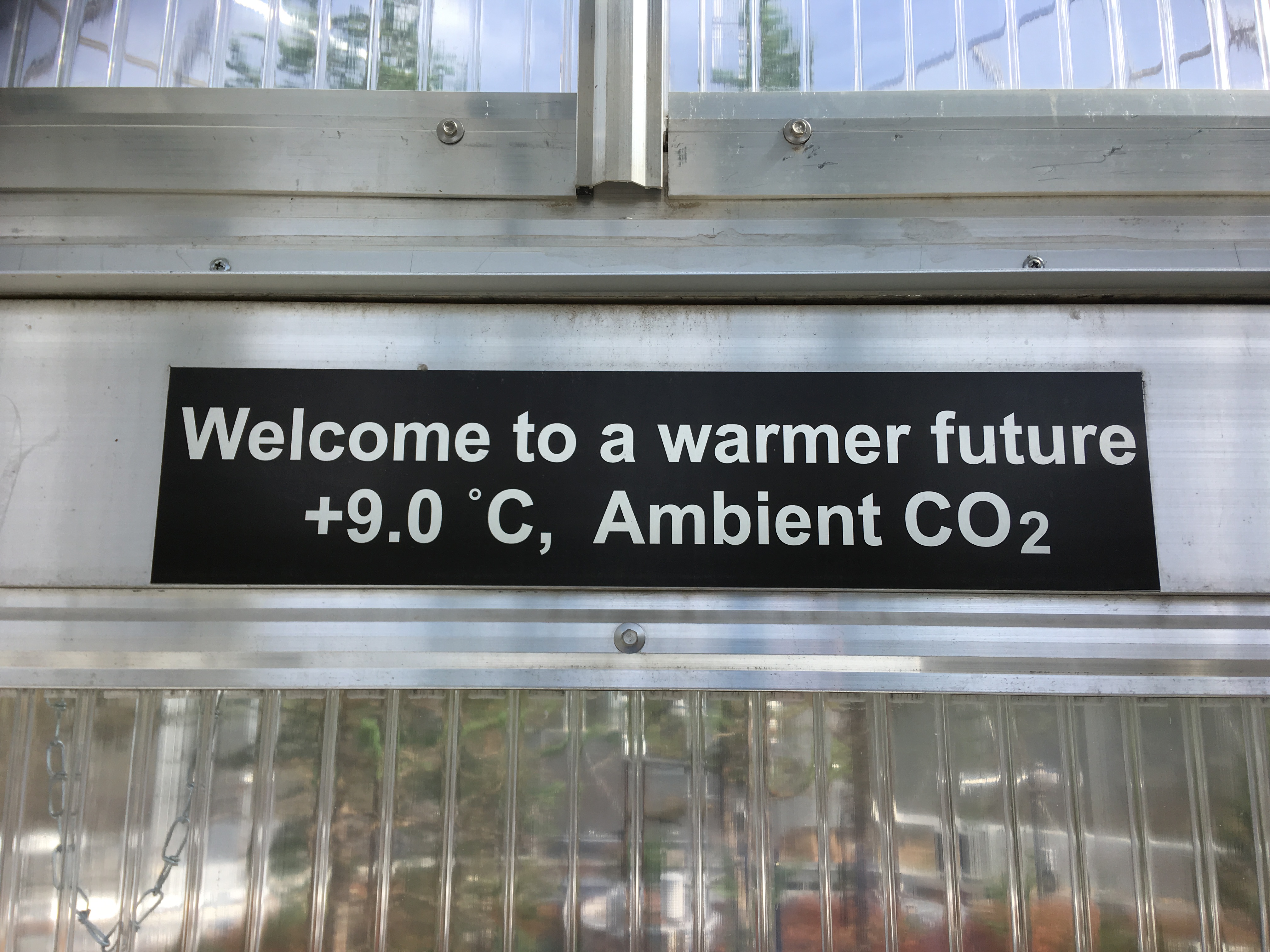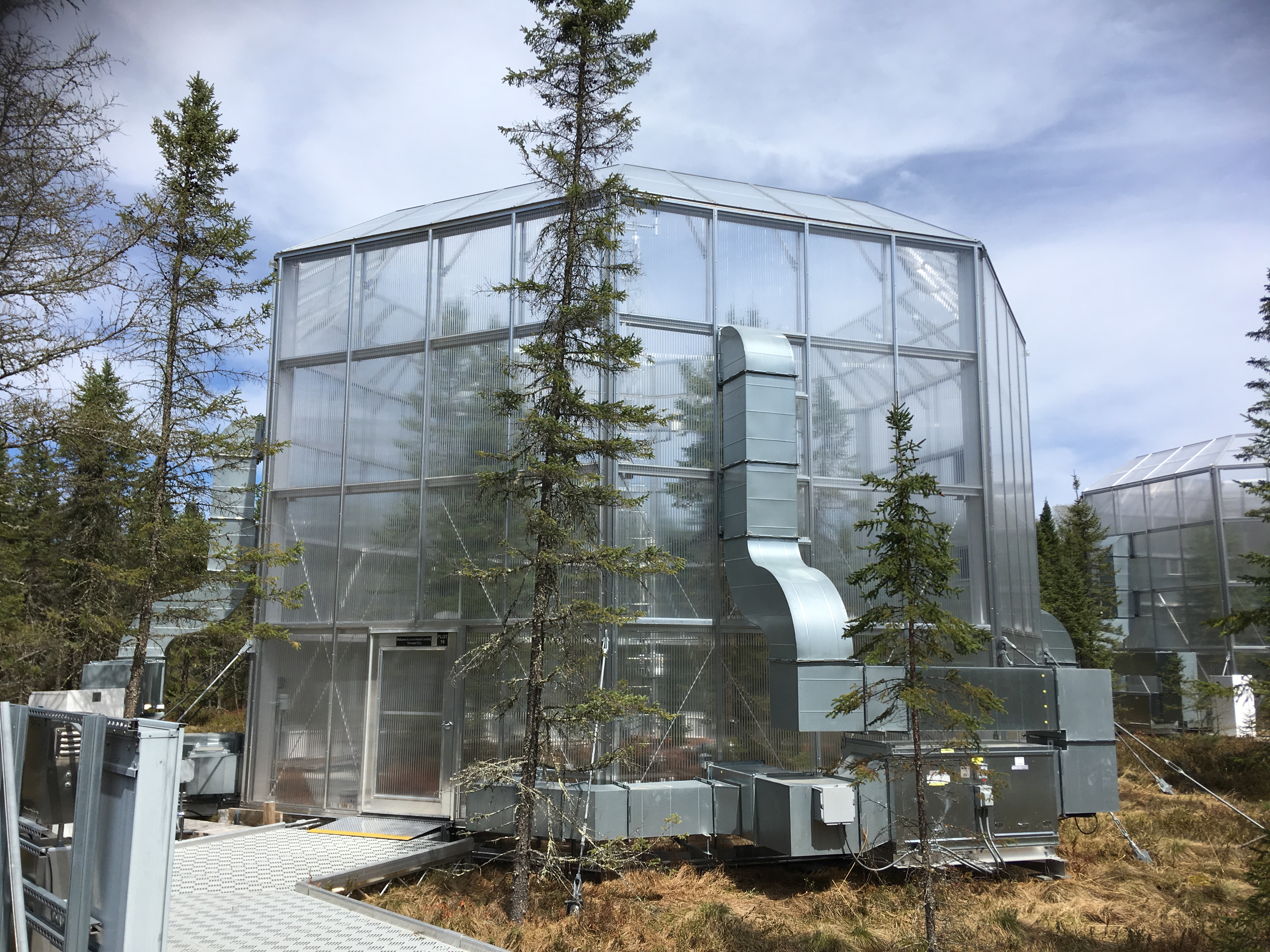Deciphering incorporation and decomposition of plant-derived organic matter in forest soils in a warmer future

Global air and soil temperatures have been increasing during the past decades and are predicted to further increase into the next decades. These unprecedented temperature changes entail strong impacts on organic matter cycling in plant-soil systems. Forest ecosystems and soils therein are thought of as key systems to sequester and store more carbon in the future, which is why forestation is seen as a crucial climate change mitigation strategy. Since a few decades, long-term warming experiments have been used to specifically investigate local plant and/or soil responses to future climatic conditions. However, our knowledge of carbon cycling in different forest ecosystems and how they change under future warmer conditions is still limited and partially contradicting in between such experiments. More specifically, soil carbon stocks respond positively or negatively to warming at different sites and even depth-dependent differences have been observed in soil profiles. These might be related to different processes governed by incorporation and decomposition of organic matter being relevant at different sites and in different soil depths. However, systematic investigations of these processes, combining multiple long-term warming experiments in a single study and applying identical tools to draw general conclusions related to carbon cycling in forest ecosystems as affected by warming are still missing. The current study will disentangle incorporation and decomposition of plant-derived organic matter in forest soils under future warmer temperatures. As previous studies showed mixed results from individual experimental sites, we propose for the first time combined observations from several long-term forest (soil) warming experiments to improve our understanding of how forest carbon cycling will respond to warmer temperatures. There are only a few dozen warming experiments available, and less being conducted on forest ecosystems. We are extremely fortunate that we are in the unique position to benefit from 7 long-term (5-20 years runtime) warming experiments in this project covering temperate, boreal and high alpine ecosystems. Here, we can study plant chemical responses to warming as well as depth-dependent responses of carbon cycling in the soils exposed to warming. Plant chemical responses to warming as well as incorporation of plant-derived organic matter into soil and decomposition thereof will be assessed by combining several molecular marker techniques. One PhD student will use the combination of genetic analyses and free extractable lipids of plant leaves to improve our mechanistic understanding of plant biochemical responses to warming. Incorporation and decomposition of these lipids will be further traced in the soil by molecular proxies and compound-specific isotopes and modelling. The second PhD student will investigate plant lignin phenol and hydrolysable lipid compositional responses under warming and their incorporation and decomposition in soils, partially together with compound-specific stable isotope composition. Furthermore, organo-mineral association will be investigated by highly sophisticated synchrotron analysis. Investigating whole soil profiles will enable assessment of depth-specific responses of carbon cycling in forest soils under future climatic conditions. The molecular investigation of time-series from each site will further enable to determine the speed of changes for all experiments. It will be expected that we can show for the first time how cycling of pre-experiment and experimental plant-derived organic matter is changing in plants and soils because of warming compared to control conditions and as a function of different ecosystem types.
Project Funding: Swiss National Science Foundation (SNSF) project 10004088
